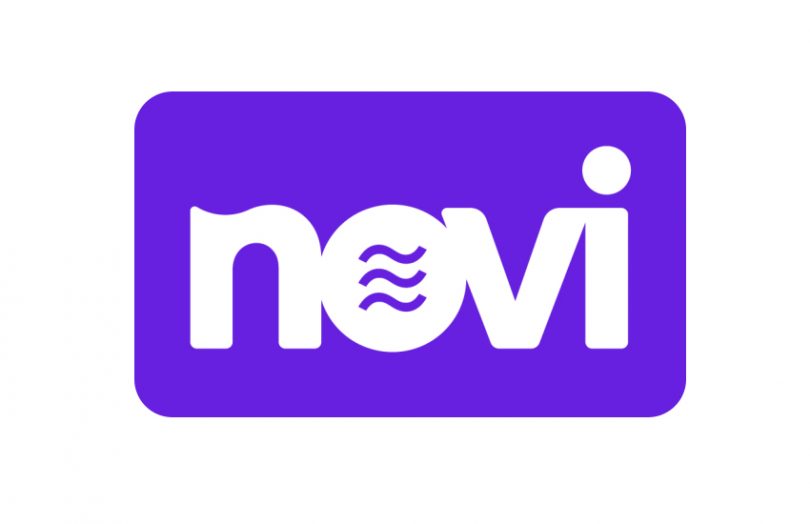Today Facebook’s Novi announced a ‘small’ pilot of its digital currency wallet in Guatemala and most of the United States. The initial phase will use the Paxos stablecoin rather than Diem, which Facebook founded in 2019 but has not yet received regulatory approval. Coinbase is providing custody.
“We intend to migrate to Diem once it receives regulatory approval,” said Novi’s leader David Marcus.
Standing back, Diem has faced one regulatory hurdle after another. And central banks are still very uncomfortable about its potential to become systemic. Apart from the financial stability risks, that also could give it the power to challenge sovereign money.
By launching Novi without Diem, in some ways, the cat is out of the bag. One perspective might be that now Novi has launched, regulators might as well give Diem the green light.
An alternative view is that the authorities might be more comfortable dealing with Paxos, which has always positioned itself to be highly regulated. That’s not just in the cryptocurrency world. It also has a platform for mainstream stock settlement using blockchain.
Paxos is considered the most conservative stablecoin issuer, with its backing assets entirely in cash deposits and cash equivalents. Apart from the Paxos dollar that Novi uses, Paxos is the stablecoin service provider for the Binance USD stablecoin, the third largest stablecoin with a market capitalization of $13 billion. The market cap of the Paxos dollar is currently less than a billion. Paxos also provides cryptocurrency services to PayPal.
Identity and Privacy policy
In order to use the Novi wallet for payments, it requires a government id and it also uses facial recognition. However, it says it retains the encrypted photos or video, but the “face-recognition template” is deleted in 24 hours.
One of the big concerns voiced in Senate and Congressional hearings was the potential for Novi to share data with Facebook. Although there’s a big question about how much most users really care. We took a look at its privacy policy and here’s the relevant paragraph.
“We may use Facebook or other companies to help show you ads. When we use Facebook’s advertising services, this is similar to how other companies partner with Facebook for their own advertising purposes. In these cases, Facebook uses the information we provide and information it has about its users to provide its advertising services. However, we do not share your Novi financial information with Facebook for its own advertising purposes.”
Other than P2P payments and withdrawals to cards, one feature being trialled only in Guatemala, is the ability to exchange the wallet amount for physical cash. That’s important for Facebook’s financial inclusion goals.
The reaction of cryptocurrency prices is notable. Prices are unusually stable.






